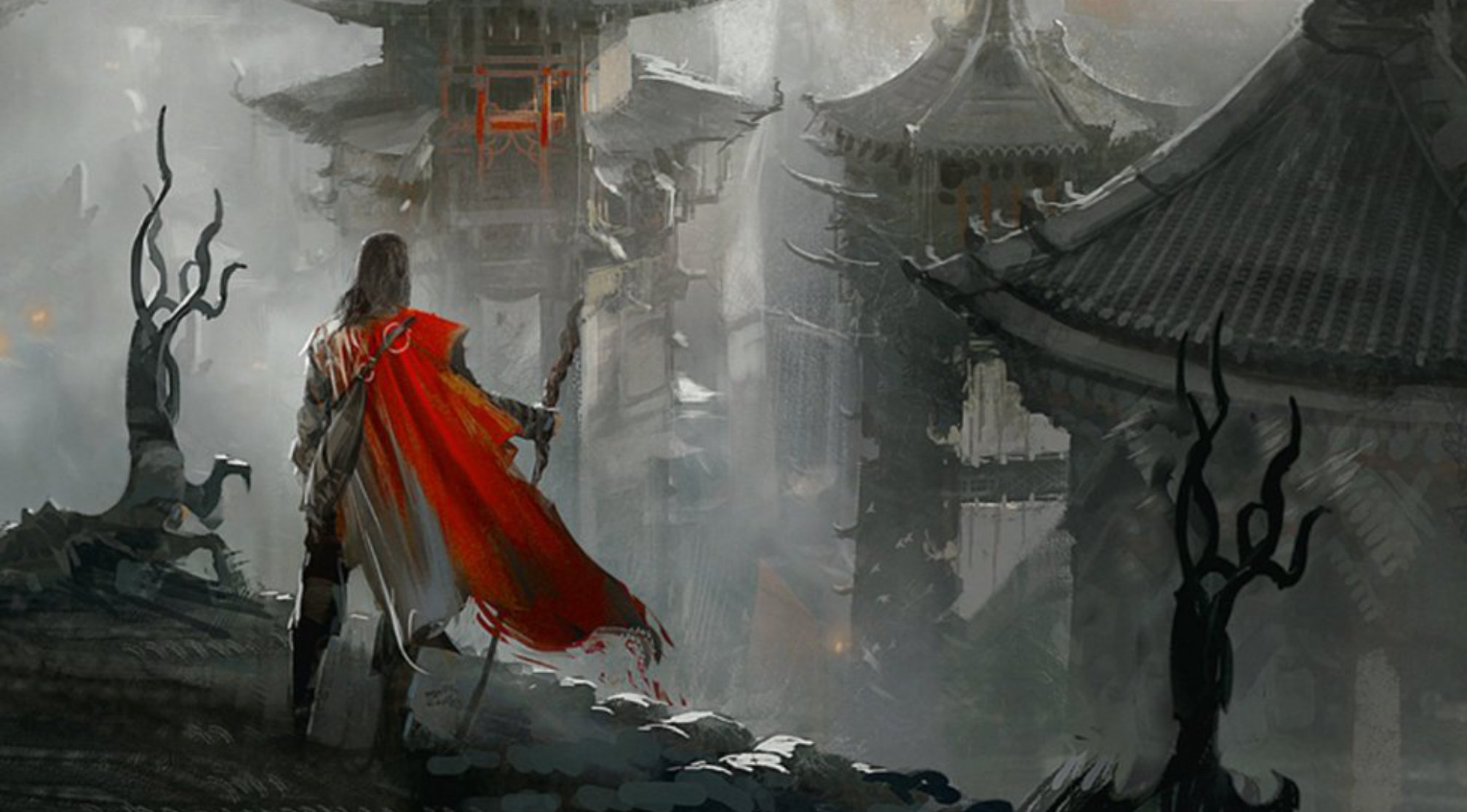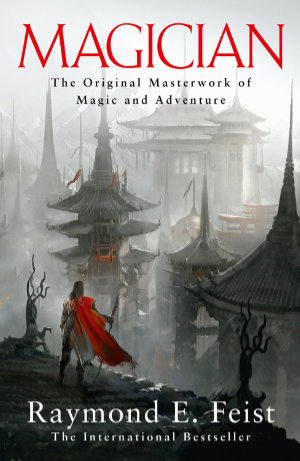Magician by Raymond E. Feist


Pug is a young orphan who has been taken under the protection of the local Duke and has found a place for himself at the castle. On the day of Choosing, he is taken as an apprentice by the Duke’s magician, Kulgan, and sets about learning the ways of magic. Shortly thereafter, an unfamiliar ship is wrecked on the shore, and pretty soon the Kingdom is being besieged by invaders from another world.
The first time I read Magician was back in the early nineties, and at the time I wasn’t all that impressed. The basic premise was, at the time, overly familiar and the novel was full of what I saw to be common themes and tropes. I’d seen it all before in other books of the time and as far as I was concerned this book was just another middle-of-the road fantasy tale about an orphan boy who turns out to be the best magician in the world. *Yawn*
I decided to give this book another chance after so long because I learned that many of my original opinions were somewhat invalid. It may have been chock full of familiar themes and tropes but that was because so many other authors of the time drew their inspiration from Magician, originally published in 1982.
Once you realise this what you get is a pretty engrossing tale of a group of childhood friends and acquaintances thrust into a war they know little about against an enemy that is totally alien to their way of thinking. Feist really does capture the idea of two worlds colliding in this novel, as well as doing a remarkably good job of expressing the central characters’ thoughts and feelings along the way. Okay, the style may be somewhat simplistic, but this book sits at the start of a veritable explosion in high fantasy literature; it could easily be argued that this book paved the way for Eddings’ Belgariad, Weis and Hickman’s Dragonlance Chronicles, and every other even remotely similar high fantasy epic that came after.
In hindsight I’d list this as one of the more influential fantasy novels of all time, and strongly recommend it to anyone with more than a passing interest in the growth and development of fantasy as a modern genre. Definitely much better than I remember it being last time I read it.